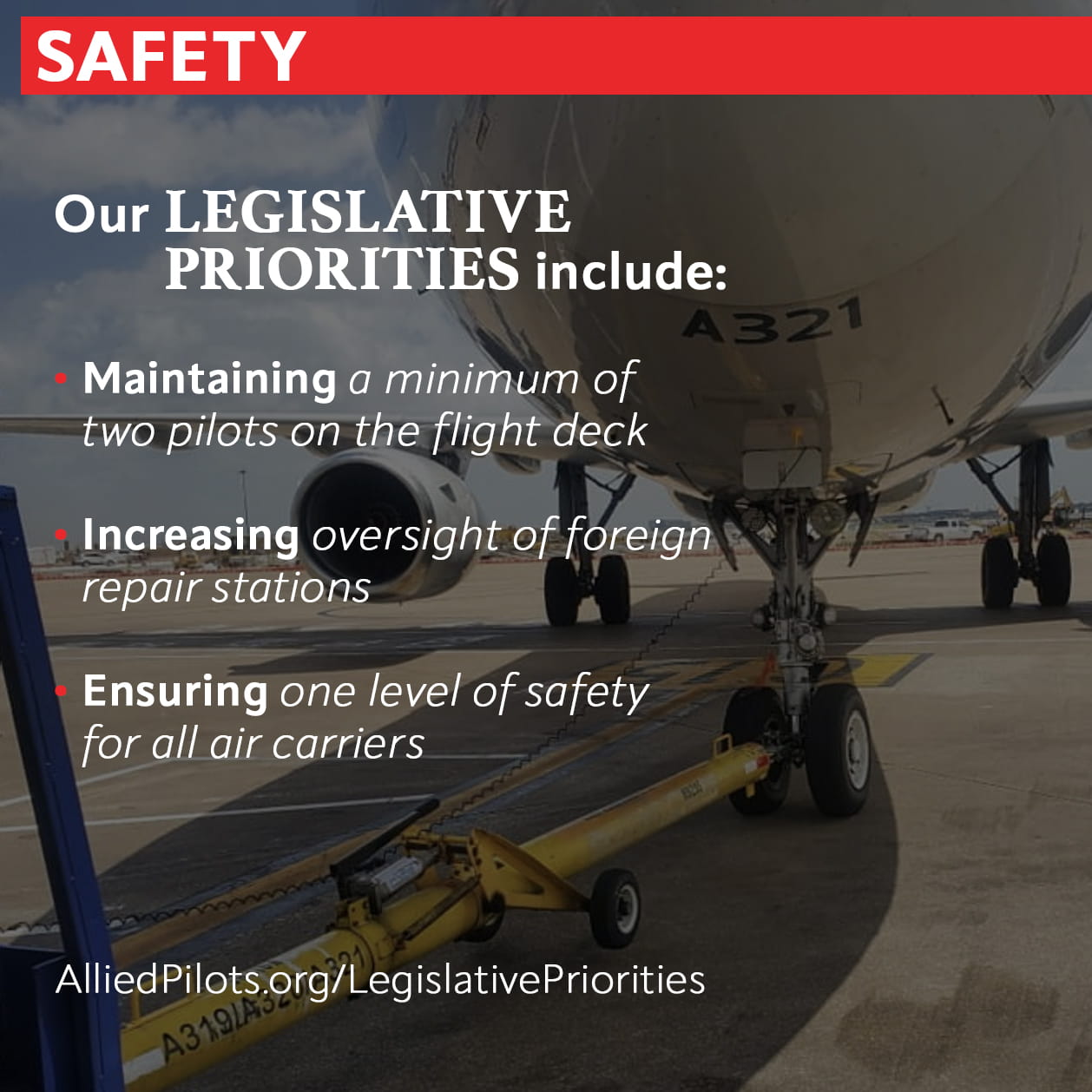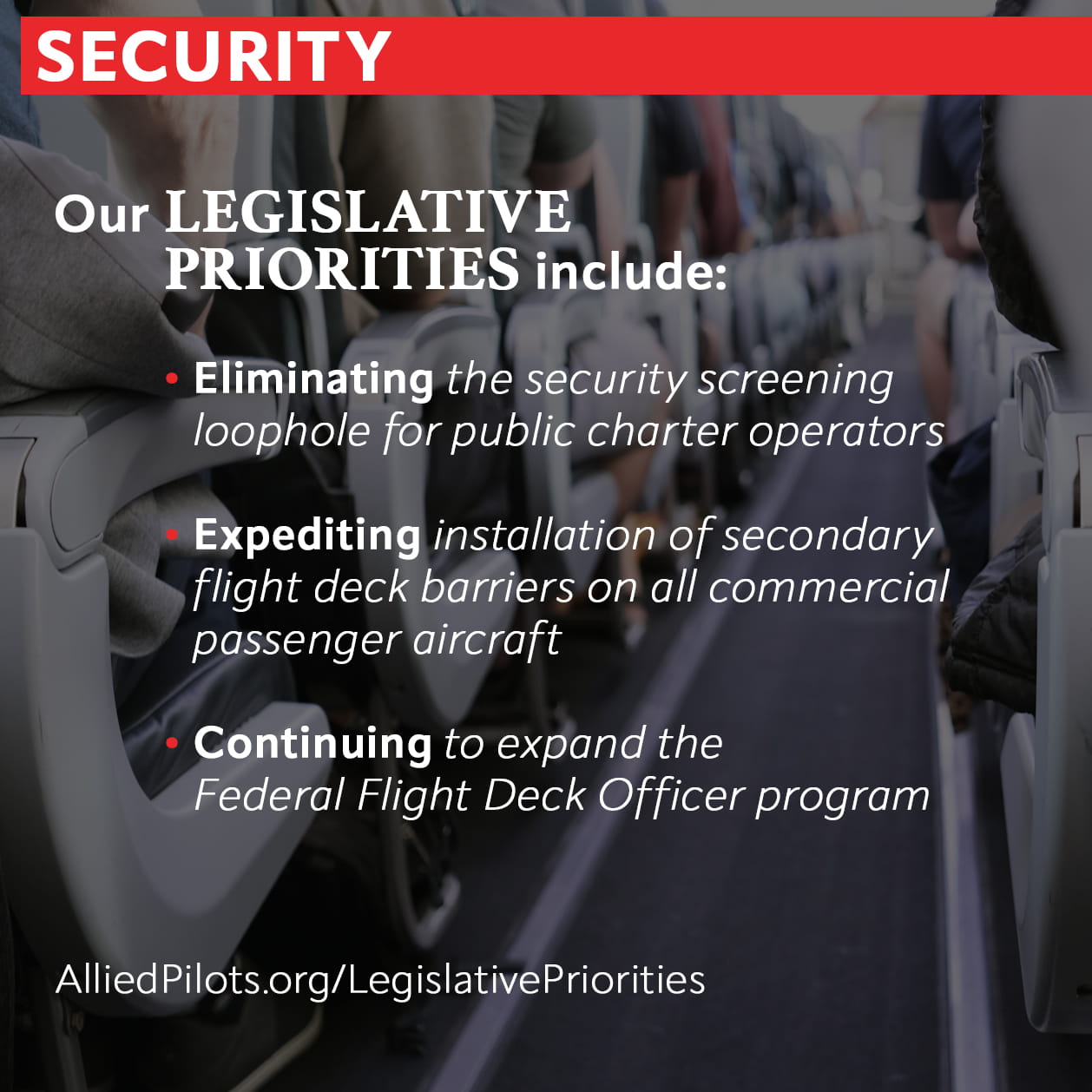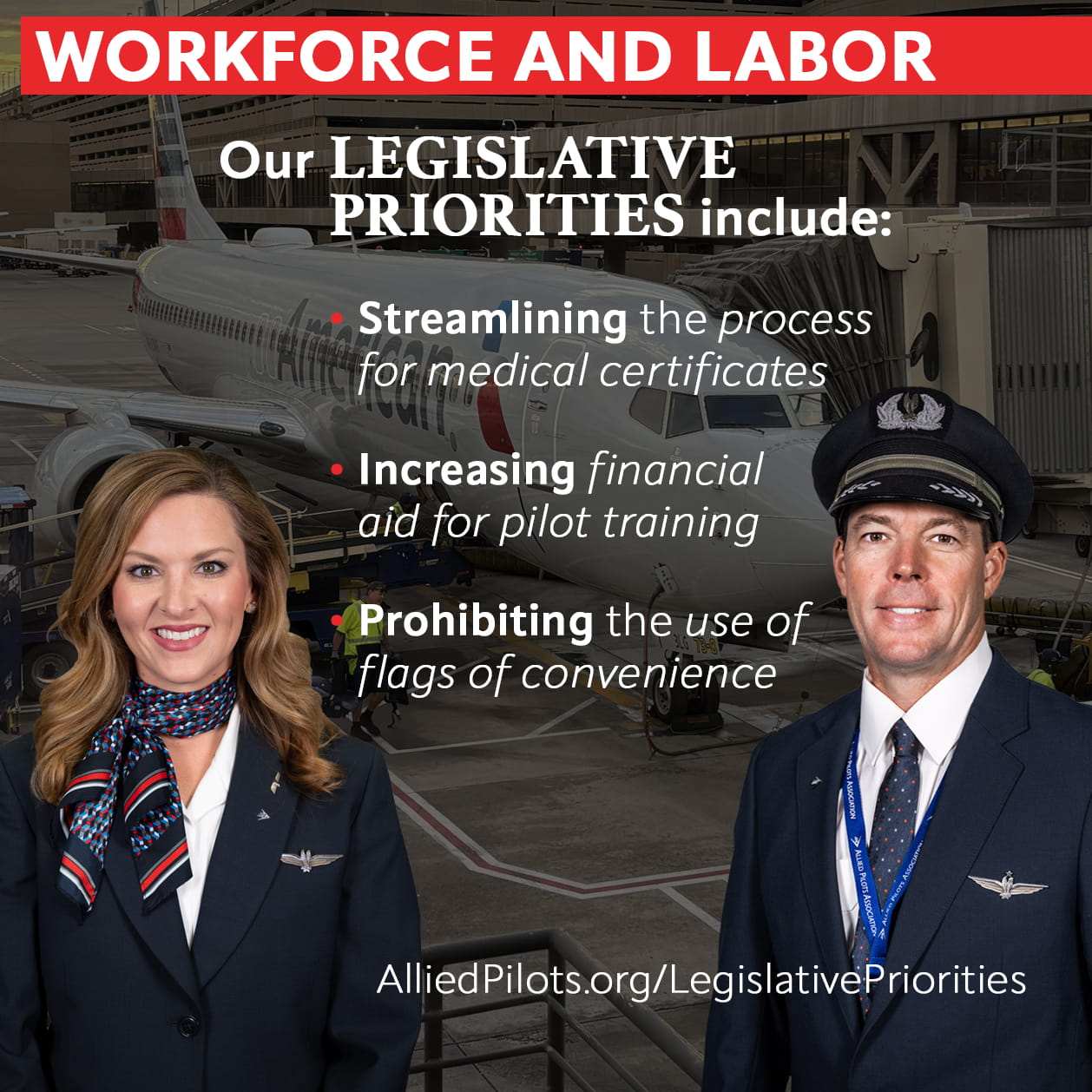We Need Decisive Action
We Need Decisive Action Your APA Board of Directors sent the following letter today to the American Airlines Group Board of Directors: Members of the American Airlines Group Board of Directors: The Allied Pilots Association Board of Directors, representing the more than 16,000 pilots of American Airlines, is writing to address the current operational environment, leadership approach, and long-term strategic direction of American Airlines. Our airline is on an underperforming path and has failed to define an identity or a strategy to correct course. This assessment is not the result of a single interaction with management, an isolated operational disruption, or an individual earnings report; it is the result of persistent patterns of operational, cultural, and strategic shortcomings. Copying competitors’ initiatives and reactive repairs to the mistakes of the past is not a strategy to a future that closes the gap between American and our premium competitors, Delta Air Lines and United Airlines. For more than a year, APA has voiced concerns regarding management’s ability to turn the corner. Management has been given repeated opportunities to articulate a credible strategy and demonstrate measurable improvement. Those opportunities have passed without meaningful change. Despite repeated assurances, the operation continues to struggle under predictable stressors, exposing systemic weaknesses in preparation, execution, and decision making. These consequences are shouldered by our customers and employees every day. These failures have negatively impacted the financial performance of our company and frustrated all stakeholders, to include shareholders, for far too long. While our premium competitors’ market capitalization has soared, American’s has soured. As their free cash flow is sustained and growing, ours is inconsistent and stumbles. As our competitors drive and arrive at investment-grade balance sheets, management’s miscalculations leave American trailing in that investment-grade effort as well. Management self-lauds their proclaimed industry leading “efficiency,” yet they fail to fully monetize the assets under their charge and leave us in a revenue trailing position compared to Delta and United. As Directors, you are the fiduciaries of this organization and are charged with oversight, not optimism. American is no longer best in class financially, operationally, or in customer service. The pilots of American want our company to win and dominate the competition, not just survive and compete. Our careers are intrinsically tied to the fate and performance of this once-great airline. Our members have been clear and consistent in their expectations regarding these issues and have lost confidence in management’s ability to correct course. We are not interested in symbolic gestures. We need decisive action. We require leaders who are willing, equipped, and empowered to get the house in order. Leadership must change the culture of this airline, define American’s business identity, develop a strategy to not just improve but to outperform our competitors, and restore pride across the organization. Anything less will result in the continued deterioration of the American Airlines brand. We are prepared to explore these topics in greater detail. We respectfully request that APA President Nick Silva be afforded the opportunity to formally present our concerns to the AA Board of Directors. The pilots of American Airlines stand ready to support a future built on results, accountability, operational excellence, service to our customers, and respect for the frontline leaders who make this airline run. Respectfully, CA Lawrence Cutler, BOS Chair CA Thomas Knox, BOS Vice Chair CA Heather Boulanger, CLT Chair FO Hickory Ham, CLT Vice Chair CA Chris Wachter, DCA Chair CA Tom Lawler, DCA Vice Chair CA Brian Smith, DFW Chair FO Jason Gustin, DFW Vice Chair CA William Brynjolfsson, LAX Chair CA Tim Dick, LAX Vice Chair CA Mark Lokey, LGA Chair CA Jim Scanlan, LGA Vice Chair CA Jay Wilhelm, MIA Chair FO Jamie Funderburk, MIA Vice Chair CA Wes Smith, ORD Chair FO Paul Meyers, ORD Vice Chair CA Chris Henshall, PHL Chair CA Brian Sweep, PHL Vice Chair CA Mitchell Vasin, PHX Chair CA John McIlvenna, PHX Vice Chair The Allied Pilots Association Board of Directors










